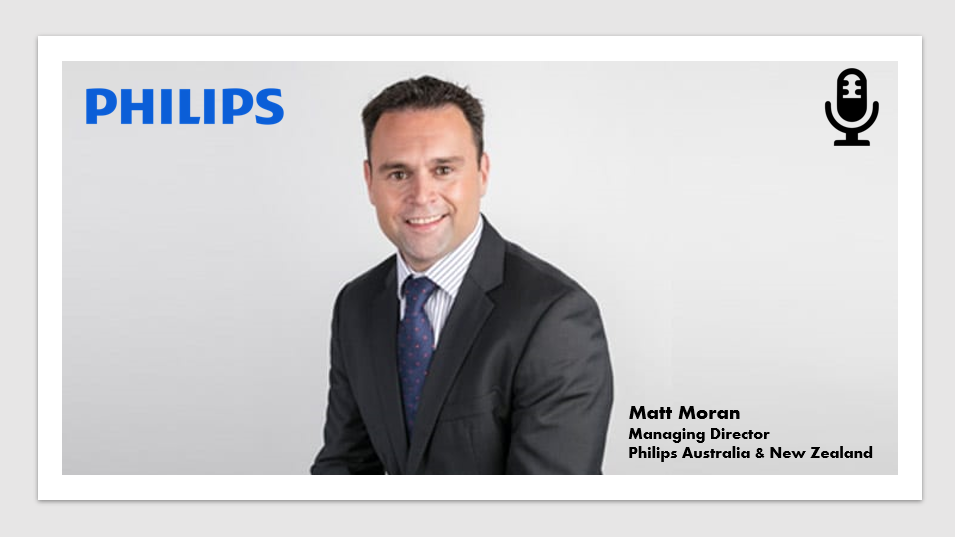Digital & Innovation
Virtual reality acceptable and efficacious for oncology patients receiving radiation therapy
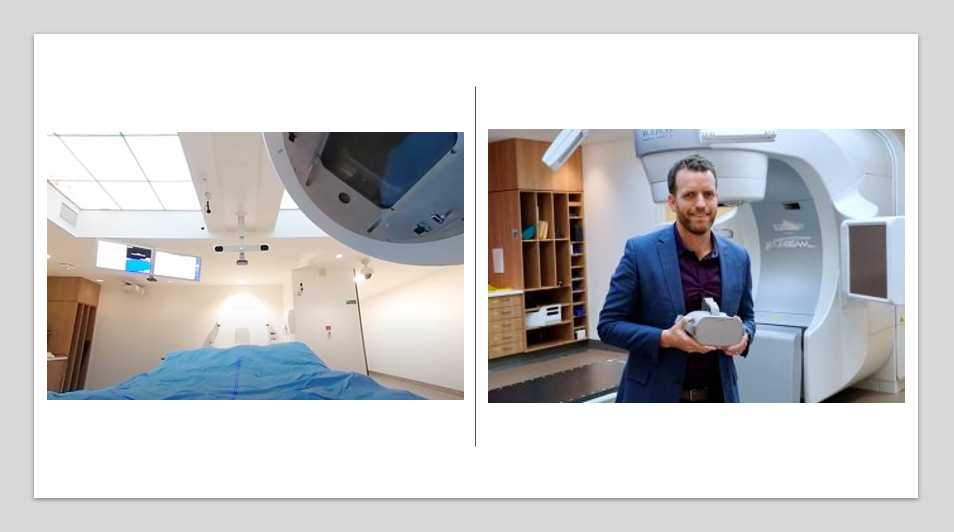
Digital & Innovation: A trial of virtual reality (VR) has confirmed this tech can help patients to calmly receive their radiotherapy treatment, and may prevent use of general anaesthetic.
This Peter Mac and Murdoch Children’s Research Institute collaborative trial involved 30 patients – aged six to 18 years – who put on VR goggles to experience an immersive simulation of their radiotherapy before it got underway.
Dr Nigel Anderson said both the children – and their parents – reported the VR experience reduced their anxiety and improved understanding of the radiotherapy process.
“Coming into hospital and our seeing our radiotherapy machines can be an unsettling experience for anyone, let alone children, and that’s before we get into what we need for optimal treatment,” said Dr Anderson, Peter Mac’s Principal Research Radiation Therapist.
“What this study shows is that children who experience a ‘VR’ version of their treatment feel less anxious, and are better informed, when it’s time for their actual radiotherapy.”
The VR experience simulates walking into the radiotherapy bunker, laying on the LINAC treating machine and, for those requiring this, having an immobilising mask fitted.
Radiotherapy is painless but the patient must remain very still for several minutes – time in which they are alone but converse with their care team via an intercom.
Young children in particular may need a general anaesthetic to ensure they can have this treatment, meaning repeated general anaesthetics over their radiotherapy cycle.
Almost all (29 out of 30) children who had the VR experience did not need a general anaesthetic for their radiotherapy.
Overall, exposure to VR led to reductions in both child and parent anxiety compared to baseline measurements, with statistically significant reductions found on measures of parent report of children’s anxiety (p =0.001) and parent-report of their own anxiety (p =0.028) at post-intervention.
Dr Anderson said this was a “very positive sign” but a larger study was needed to conclusively show if anaesthetic use was being averted.
“We look forward to investigating whether our VR experience can avert general anaesthetic use in a larger study group and, in particular, children as young as four or five where we anticipate there could be additional benefit,” Dr Anderson added.
News & Trends - Pharmaceuticals
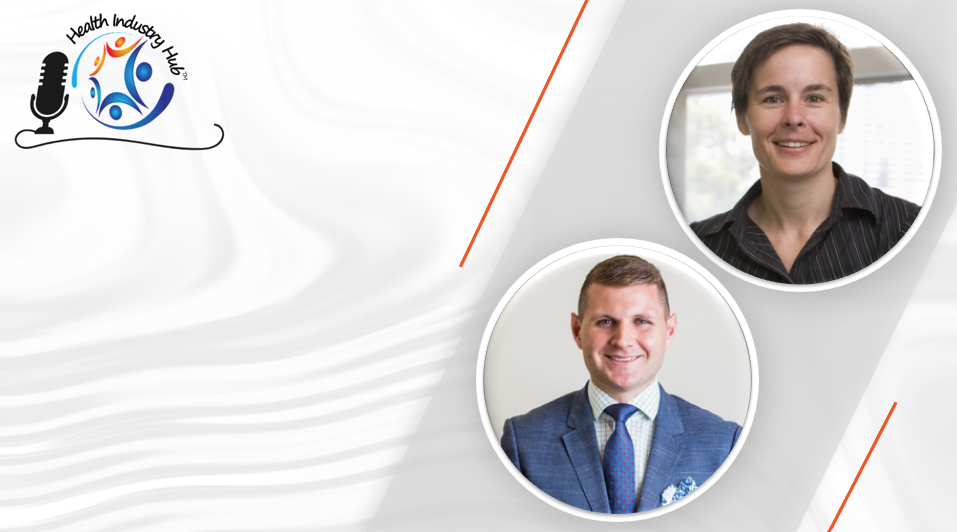
Heart Week: Uniting patient and cardiologist voices in shaping a new future for patient outcomes
Coinciding with the start of the Heart Week (9 – 12 May), Professor Gemma Figtree, Interventional Cardiologist and Immediate Past […]
MoreNews & Trends - MedTech & Diagnostics
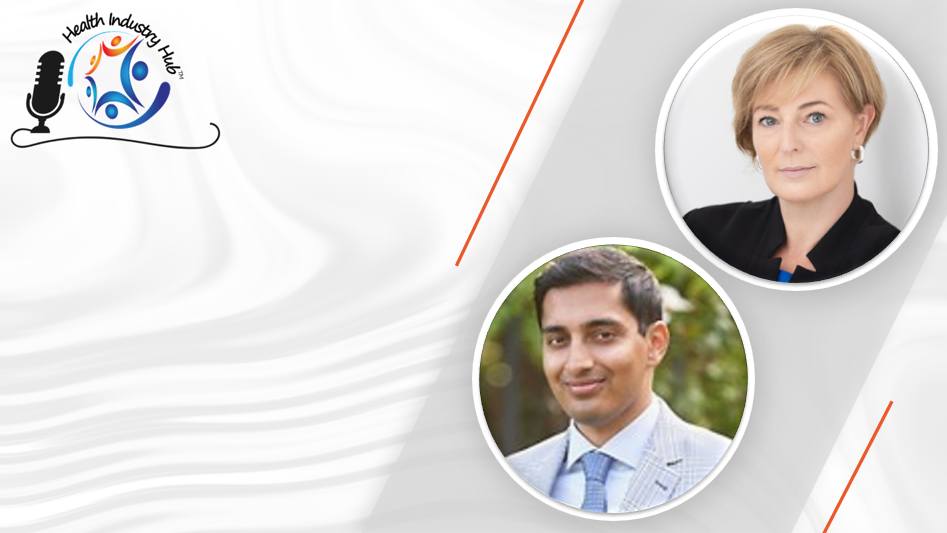
‘It’s a marathon not a sprint’: Industry leaders chart next steps in medtech’s sustainability journey
Ahead of World Environment Day in June, Jane Crowe, Managing Director of Cardinal Health Australia and New Zealand and Pravin […]
MoreNews & Trends - Pharmaceuticals
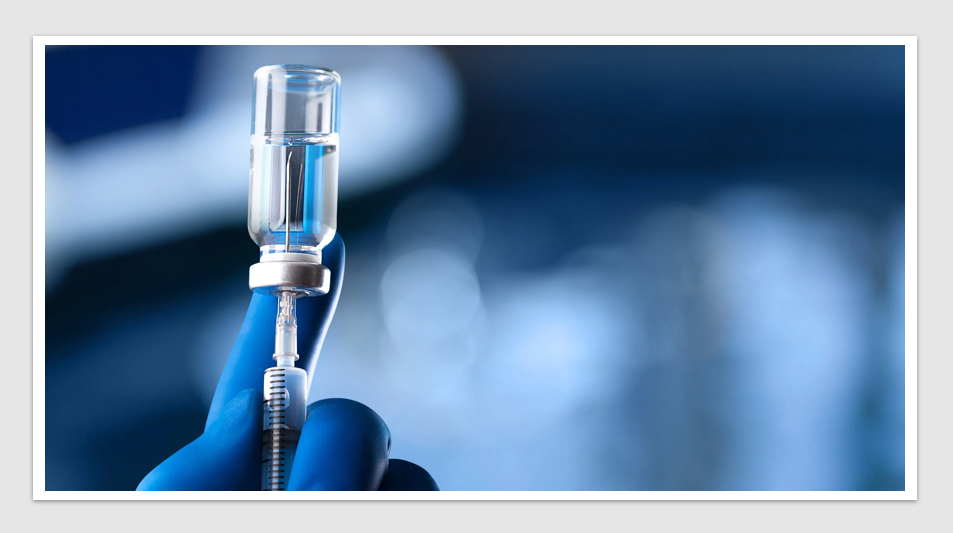
Vaccination accounts for almost half of mortality decline in infants
Pharma News: Researchers have mapped the impact of vaccines to mark the 50-year anniversary of the Expanded Programme on Immunisation […]
MoreNews & Trends - Pharmaceuticals
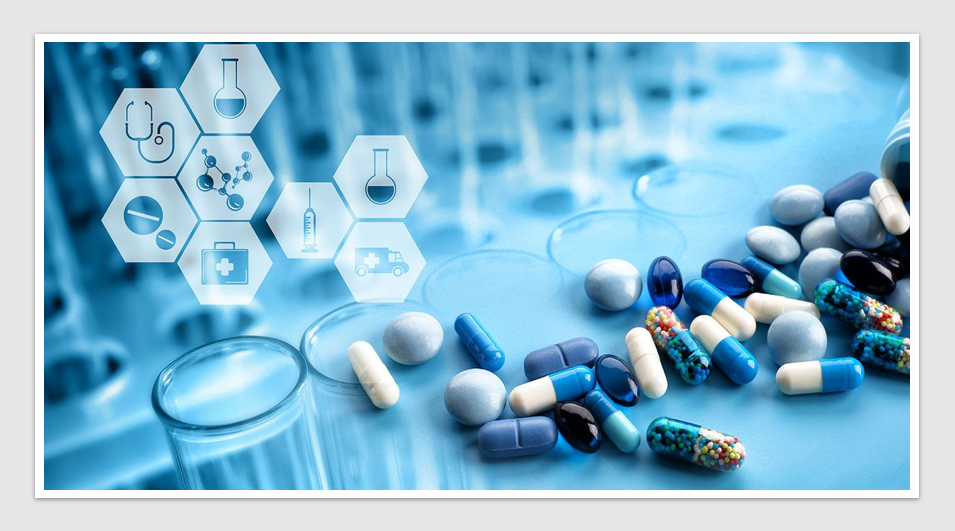
AbbVie, Pfizer and Bayer therapies to be considered at upcoming PBAC intracycle meeting
Pharma News: Therapies from AbbVie, Pfizer and Bayer are due to be considered at the Pharmaceutical Benefits Advisory Committee (PBAC) […]
More